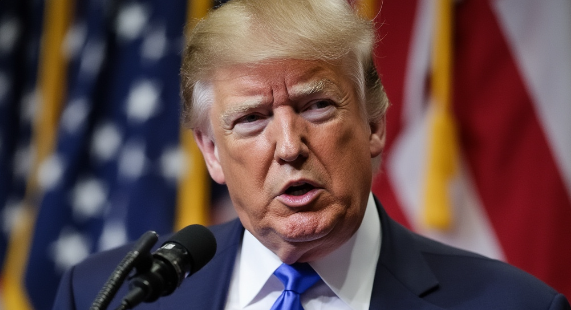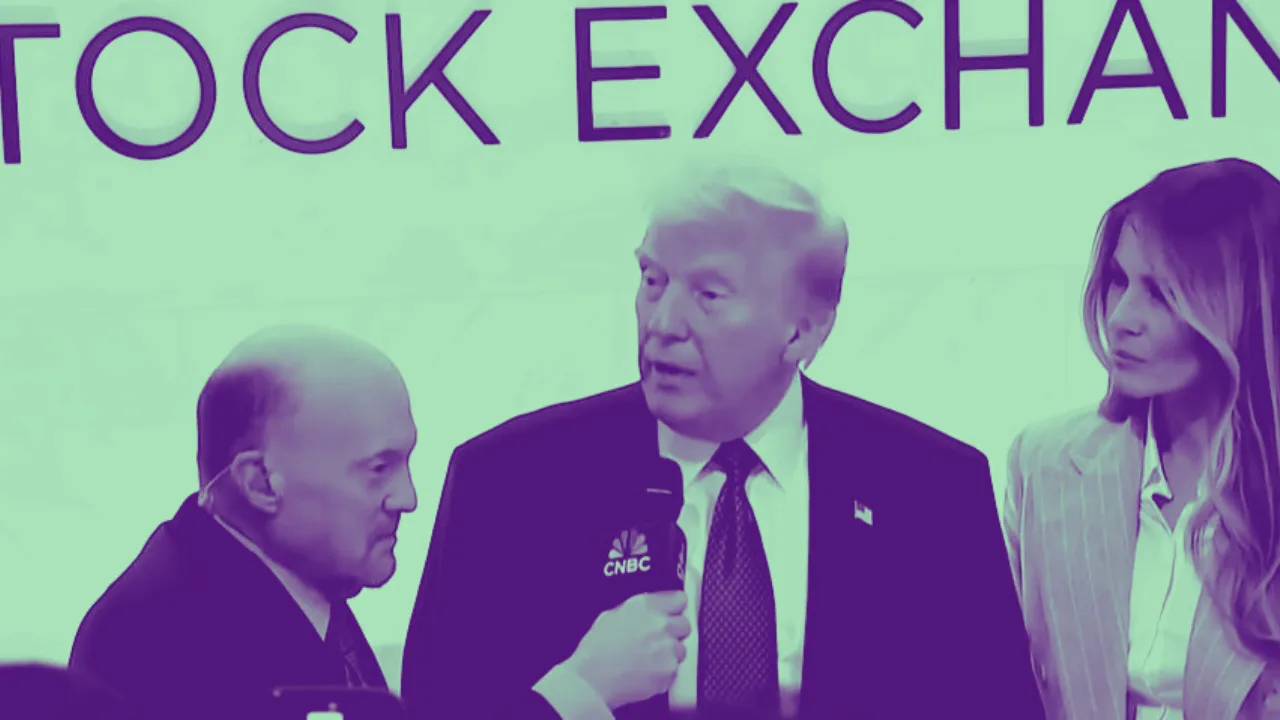As the 2024 U.S. presidential race intensifies, recent polling data reveal a shift among independent voters away from Donald Trump and towards Kamala Harris. This trend is critical, as it may determine the outcome in key swing states and impact the stock market and broader economy.
Polling Data: A Tight Race with Key Shifts
Multiple recent polls indicate a competitive race between Trump and Harris, especially in battleground states. For example:
- USA TODAY/Suffolk University Poll: Shows Harris leading Trump by 5 points among likely voters, with Harris at 45% and Trump at 40%. This shift is significant compared to previous polls where Trump maintained a slight edge before Joe Biden’s exit from the race【source: USA Today】.
- Quinnipiac University Poll: Harris is ahead by 1 point among likely voters, 49% to 48%, showing a gain from earlier polls where Trump was narrowly leading【source: Quinnipiac University】.
- Bloomberg News/Morning Consult Polls: Show Harris and Trump tied in Arizona and North Carolina, with Harris leading in Georgia, Michigan, Nevada, and Pennsylvania within the margin of error, and leading outside the margin of error in Wisconsin【source: Bloomberg News】.
For a comprehensive overview of 150 aggregated polls tracking this race, visit The Hill’s 2024 Election Poll Tracker.
Why Are Independents Shifting Away from Trump?
Several factors contribute to the shift among independent voters:
- Controversial Behavior: Incidents like Trump’s Arlington Cemetery visit, perceived as a political stunt, and his praise for Hungarian Prime Minister Viktor Orbán have alienated moderate voters who favor more conventional leadership styles.
- Legal Troubles: Trump’s ongoing legal issues, including attempts to delay sentencing in a hush money case, continue to draw negative attention and create uncertainty among voters seeking stability.
- Economic Concerns: Many independents are worried about Trump’s potential to reintroduce aggressive trade policies, which could lead to renewed trade wars and market instability.
Potential Impact on the Stock Market and Economy
The shift in voter sentiment and the possible outcome of the 2024 election could have several implications for the stock market and the economy:
- Market Volatility: The uncertainty surrounding a potential change in administration could lead to increased market volatility as investors adjust their expectations.
- Sector-Specific Reactions: Sectors like energy, defense, and financial services, which benefited from Trump’s policies, could face downward pressure. In contrast, sectors such as technology and agriculture might stabilize or grow under less aggressive trade policies.
- Federal Reserve and Interest Rates: A change in leadership could mean a more predictable approach to Federal Reserve policy, potentially stabilizing bond markets and improving investor confidence.
- Long-Term Economic Outlook: If Harris wins, her policies may focus more on regulation, climate initiatives, and social welfare, which could shift economic growth patterns and market dynamics. This could lead to both opportunities and risks for investors, depending on the sectors in focus.
Conclusion
The evolving preferences of independent voters signal a critical moment for Trump and the broader political landscape. As this shift unfolds, the potential impact on the stock market and economy will depend heavily on the outcome of the 2024 election and the policies that follow. Investors should stay informed and prepared for a dynamic and potentially volatile period.
For more detailed polling information and analysis, refer to USA Today, Quinnipiac University, Bloomberg News, and The Hill’s Poll Tracker.





